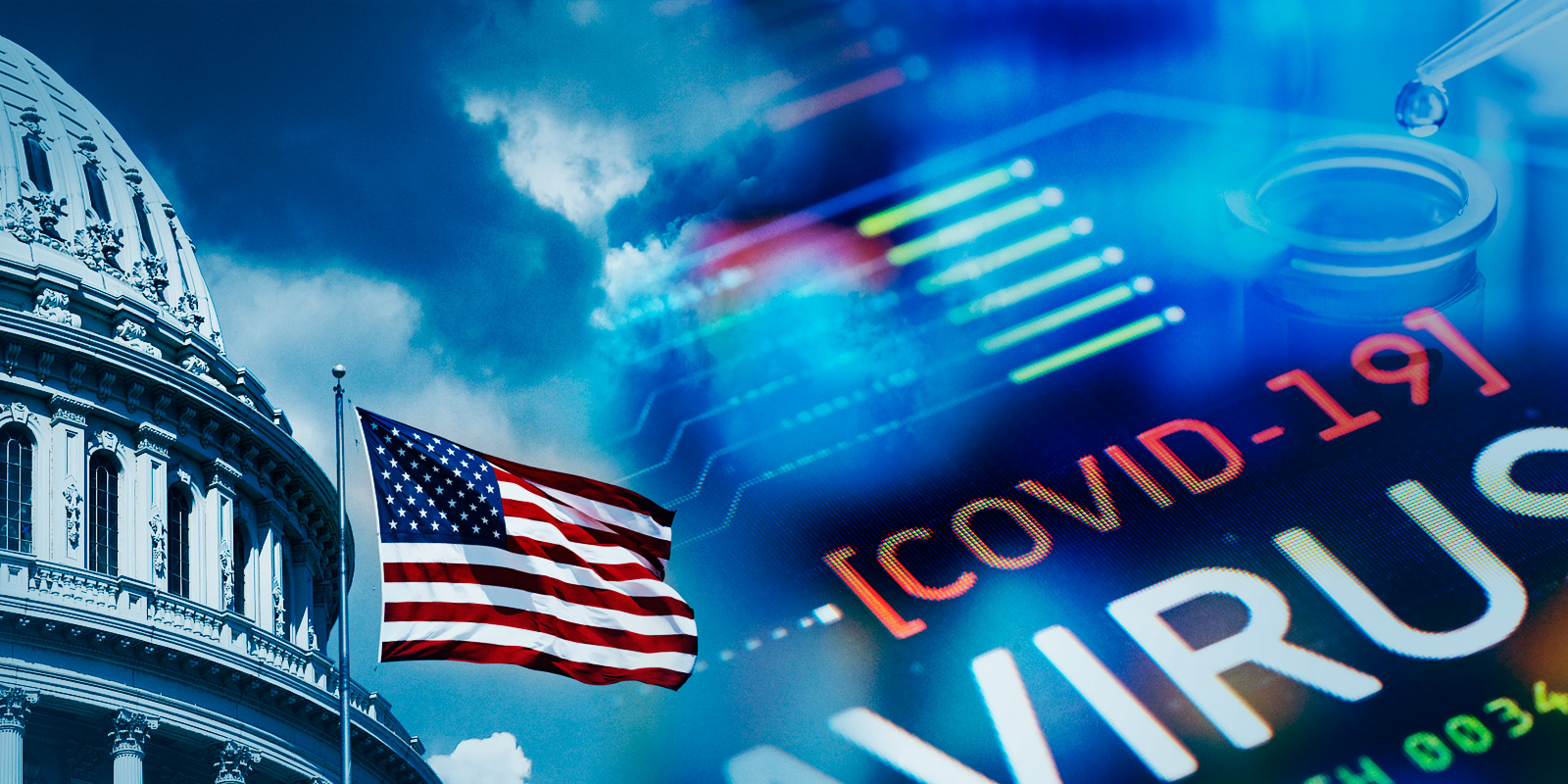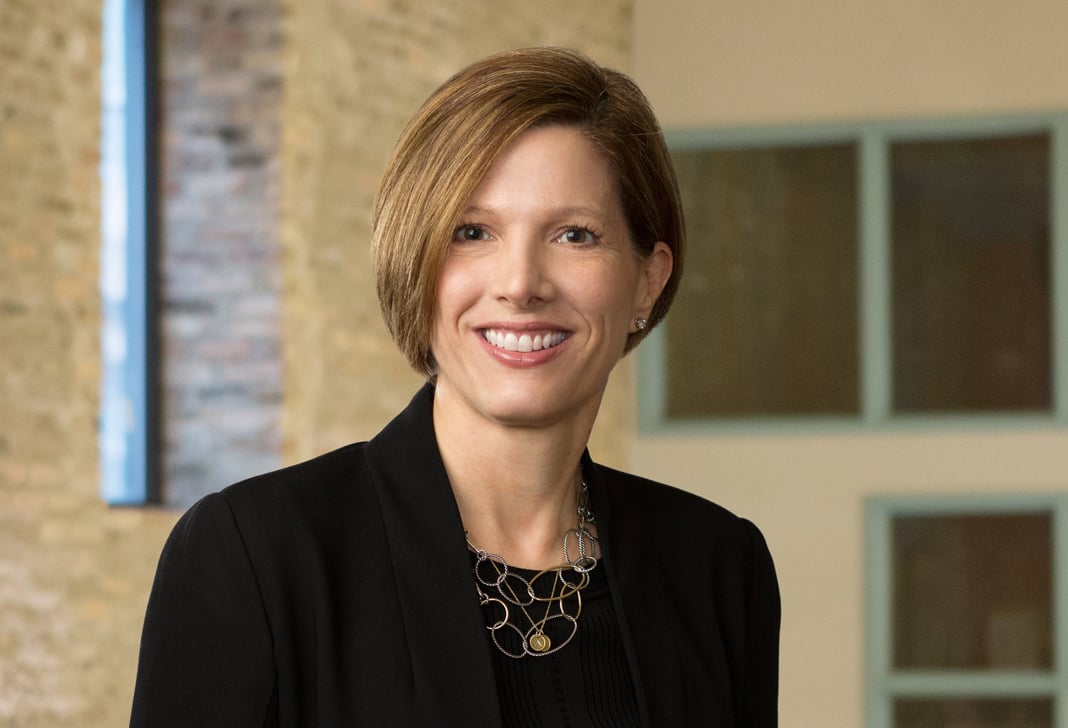
Federal, State COVID-19 Anti-Fraud Efforts Ramp Up (Bloomberg Law)
Jones Day partners Rebecca Martin, Joan McKown, and Heather O'Shea examine efforts taken by federal, state, and local authorities to combat a range of emerging fraud schemes related to the novel coronavirus (COVID-19).
Against the backdrop of agencies easing regulatory burdens to assist in the COVID-19 pandemic, enforcement communities are facing emerging fraud schemes, from COVID-19-related consumer fraud to potential antitrust and securities law violations and price gouging.
The Department of Justice, multiple federal agencies, the recently created Special Inspector General for Pandemic Relief ("SIGPR"), and state attorneys general offices around the country are simultaneously ramping up—while the relators' bar appears to be on high alert for opportunities for bounties under the False Claims Act.
DOJ and State AG Enforcement Steps
Attorney General William Barr directed U.S. Attorney's Offices ("USAOs") to prioritize the investigation and prosecution of COVID-19-related fraud schemes. These reported schemes include:
- fake cures for COVID-19;
- fraudulent online and door-to-door offers for vaccinations and test kits;
- price gouging;
- phishing emails or texts;
- malicious COVID-19 websites and apps that can steal information or lock access to devices until a ransom is paid;
- solicitations for fake charities or crowdfunding sites; and
- economic stimulus payment scams.
Nationwide, USAOs are appointing "Coronavirus Fraud Coordinators" to work with federal, state, and local law enforcement to warn the public and develop strategies to address this fraud. State AGs around the country (including New York, New Jersey, Connecticut, Massachusetts, California, Florida, Texas, Michigan, and Illinois) are gearing up to stop similar fraudulent scams, as well as unfair pricing on items critical to stopping the spread of COVID-19. To support these and other efforts, state, local, and tribal law enforcement and public safety authorities will be able to tap into $850 million, to be distributed by the DOJ under the Coronavirus Emergency Supplemental Funding program.
Each day brings more press releases from the DOJ on coronavirus-related enforcement. As of April 1, the DOJ had announced multiple arrests involving issues like investment schemes for fake cures, smuggling mislabeled drugs, and kickbacks, and filed a civil enforcement action against a fraudulent website ("coronavirusmedicalkit.com") for various fraudulent COVID-19 scams.
FDA and FTC on COVID-19 Scams
With critical roles in protecting consumers against fraudulent products, the Food and Drug Administration and Federal Trade Commission have issued public warnings, alerting consumers to deceptive advertising concerning COVID-19 products and announcing that they are "monitoring for any firms marketing products with fraudulent COVID-19 prevention and treatment claims."
In early March, the FDA and FTC jointly issued warning letters to seven companies touting COVID-19-related products, directing them to stop making all claims that their products are capable of treating or curing the new coronavirus. The warning letters note that the FTC may seek a federal court injunction and an order requiring money to be refunded to consumers.
HHS-OIG Audits/Focus on Long-Term Care Facilities
The Health and Human Services Office of Inspector General is adding COVID-19 topics to its annual work plan.
HHS-OIG will review its own preparedness and conduct at least two COVID-19-related provider reviews, including the Medicaid nursing home life safety and emergency preparedness reviews to "determine whether [long-term care facilities] that received Medicare or Medicaid funding complied with new Federal requirements for life and safety and emergency and infectious disease control requirements."
The agency will also conduct the COVID-hospital response to obtain feedback on how the agency can support hospitals during the health crisis.
HHS-OIG is issuing fraud alerts regarding "scammers" targeting Medicare beneficiaries by, e.g., offering fraudulent COVID-19 tests in exchange for personal details, which can be used to fraudulently bill federal health-care programs and commit medical identity theft.
DOJ Antitrust Enforcement
After an initial March 9 warning from the DOJ regarding price fixing, bid rigging, or market allocation for health equipment, the DOJ has now established a COVID-19 Hoarding and Price Gouging Task Force.
The task force, which will be led by U.S. Attorney for the District of New Jersey Craig Carpenito with assistance from the DOJ Antitrust Division, will address market manipulation, hoarding, and price gouging in connection with health-care and medical items designated as protected by the HHS (pursuant to an executive order under section 102 of the Defense Production Act).
Each USAO and relevant department components are directed to designate an experienced attorney as a member of the task force.
FCA Relator Focus and Impact of CARES Act Special IG
On March 16, the National Whistleblower Center ("NWC") submitted a letter to the DOJ, urging it to "establish a task force to monitor and investigate violations of the False Claims Act" related to COVID-19.
The NWC has proposed that the task force prioritize investigation of these matters and expedite the investigative and decision-making process. The NWC letter observed that "it is imperative" that the DOJ take "prompt and effective action to insure that no money is defrauded from any program designed to combat the Coronavirus." It highlighted the DOJ's recently announced National Nursing Home Initiative, noting that coronavirus fraud could impact these at-risk populations.
The DOJ has not indicated whether an FCA-focused task force will be assembled. However, given the federal dollars at stake, the DOJ and the USAOs are already creating various COVID-19 task forces. This is in keeping with past responses to national crises, such as the creation of the Financial Fraud Enforcement Task Force created in response to the 2008 financial crisis and the Hurricane Katrina Task Force, later renamed the Disaster Fraud Task Force.
Indeed, with the passage of the Coronavirus Aid, Relief, and Economic Security ("CARES") Act providing up to $2 trillion in relief funds, Congress established the SIGPR, echoing the Emergency Economic Stimulus Act of 2008, which established a special inspector general over the Troubled Asset Relief Program ("SIGTARP").
Like SIGTARP, the SIGPR will conduct "audits and investigations" into the loans and "other investments" expended by the Treasury. Based on the SIGTARP experience, scores of investigations and potential criminal and civil (e.g., False Claims Act) prosecutions could follow.
Whether the DOJ decides to dust off older task force models remains to be seen. Two things, however, are clear: the SIGPR could be a game changer in terms of federal enforcement, and the relators' bar is paying close attention to the potential FCA implications of the COVID-19 pandemic.
SEC Statements
The Securities and Exchange Commission is focused on maintaining orderly markets, and extending certain exemptions for entities affected by COVID-19, but is also paying attention to market integrity. The SEC's co-directors of enforcement issued a statement March 23, outlining their main areas of concern.
First, issuers should maintain and follow corporate controls and procedures, including disclosure controls and compliance with Regulation Fair Disclosure.
Next, issuers should remain cognizant of the greater potential for more material nonpublic information, for dissemination of the information to be delayed, and for a larger number of people to be aware of this nonpublic information. These factors increase the risk that trading while in possession of this information could be a violation of insider trading prohibitions.
Third, regulated entities should be cognizant of their obligations to comply with policies and procedures regarding misuse of material nonpublic information.
And finally, the SEC will focus on frauds taking advantage of main street investors.
The views and opinions set forth herein are the personal views or opinions of the authors; they do not necessarily reflect views or opinions of the law firm with which they are associated.
Reproduced with permission. Published April 7, 2020. Copyright 2020 by The Bureau of National Affairs, Inc. (800-372-1033) http://www.bna.com



